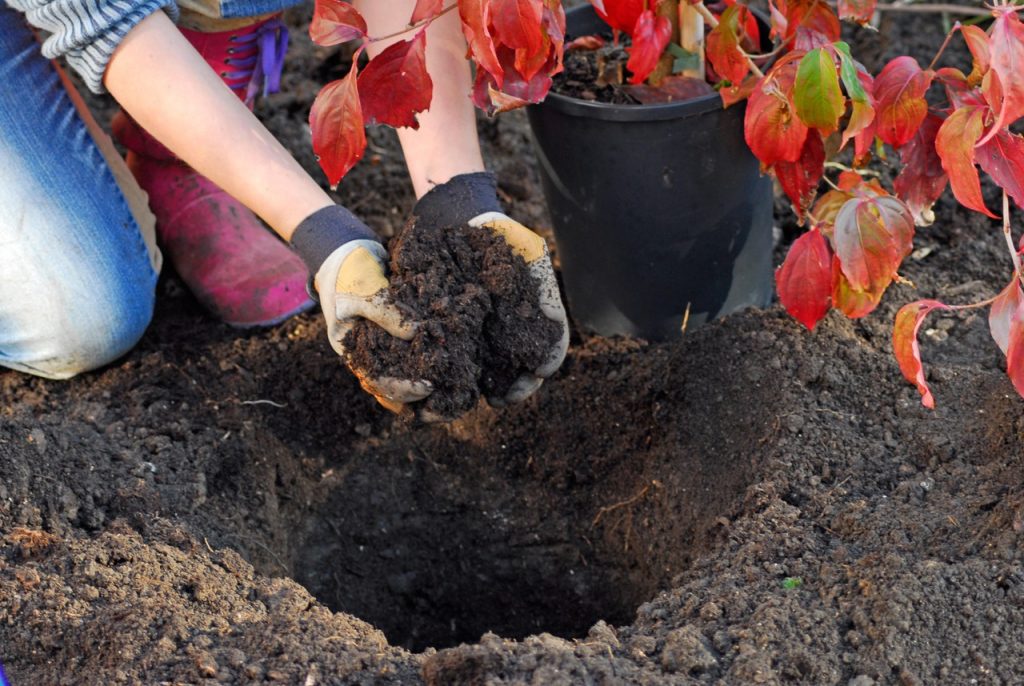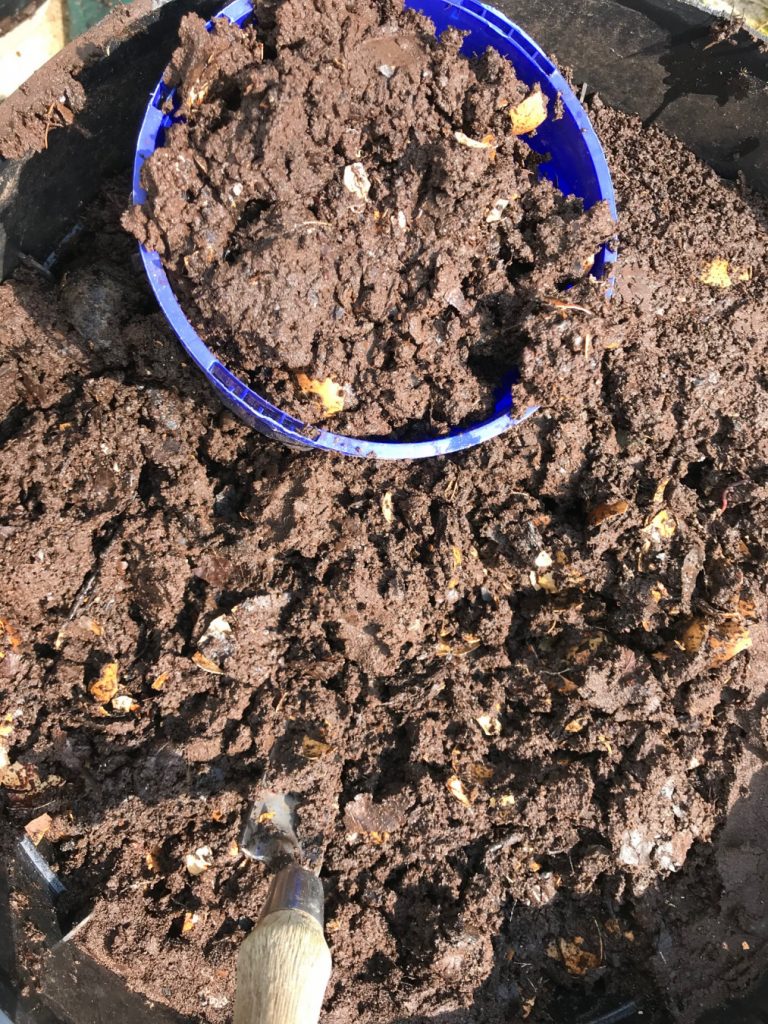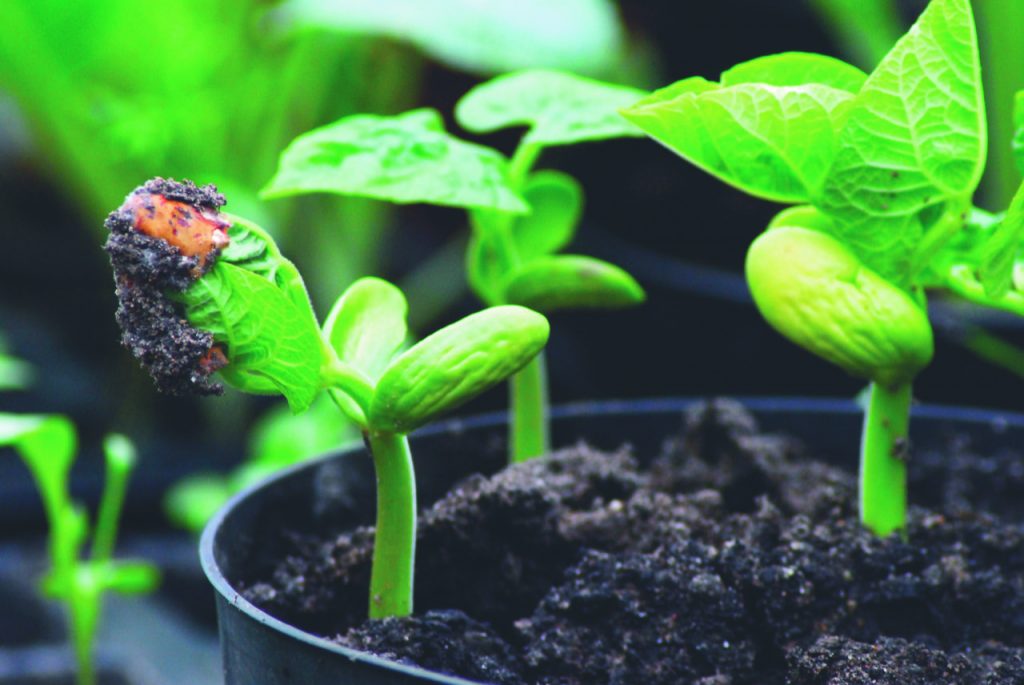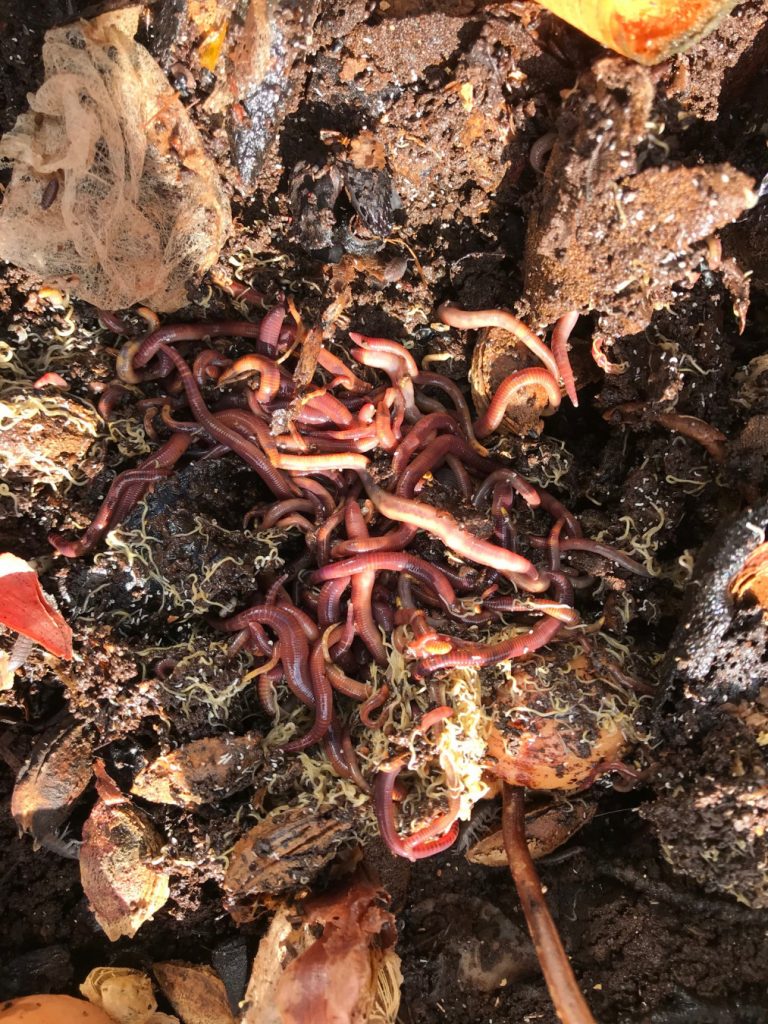
Jean Vernon exposes one of the biggest Insider Gardening secrets. Gardening is more magic than muck
With a few million more people dabbling in the fine art of gardening, those with a few years experience under their belt are offering advice and support across a wide range of platforms. Gardening is not an elite sport, nor is it a closed secret society and yet many gardeners have missed out on the generational hand-me-down of tips, advice and even gardening tools.
Soil matters
It’s all very well investing in plants for your garden, pots and planters, but unless you support them with the right growing medium, food and watering regime you could be wasting your money. The simplest rule when it comes to gardening is thinking about what you are growing your plants in. It isn’t rocket science, but it is sometimes overlooked and often poorly understood. First when you sow seeds, pot them up and grow them in containers, you need quality compost. You can buy cheap compost but it’s false economy if your plants don’t grow well.
Seeds and seedlings

To encourage seeds to germinate the seed needs to be in contact with the compost it is growing in, so it needs to be fine, especially for small seeds. A seed sowing compost might seem extravagant but if you are growing most of your plants from seed it is money well spent. That’s because seed compost has been specially formulated to support your seeds through every stage of germination. Seeds need moisture, but they don’t want to be waterlogged. Seed compost is well draining, but surrounds your seeds in a comfort blanket of moisture and pockets of air. The right conditions signal to the ‘sleeping’ seed its time to wake up. The moisture passes through the seed coat into the seed inside and then it starts to grow. As the seed swells and breaks through the seed coat, pushing its roots down and its seed leaves towards the light the seed compost swaddles its roots as it grows. The roots are fragile and fresh, susceptible to damage, so seed compost contains low levels of fertiliser to support the growth, the energy the seed needs to grow is contained within its seed. You could use quality multi-purpose compost but remember it’s a jack-of-all-trades, in other words its designed to do everything, but not specially formulated for seeds and seedlings. Most seeds will grow, but some thrive better in specialist compost for seed. Choose peat free compost like the Dalefoot Composts wool based compost, which now includes comfrey, another nutrient rich natural fertiliser and a great plant for pollinators. The whole range is organic too, which is better for you and your garden.
Pots and containers

Whatever you plant into any pot or container is completely dependent upon what is also in the pot in the way of compost, food and moisture. Although plants can and do make additional food in their leaves via photosynthesis, they also absorb moisture, nutrients and micronutrients from the ‘soil’ where they grow. So to get the best from your plants in pots and containers you need to give them top quality compost to grow in. Plants will quickly use up the nutrients in your compost and need additional feeding and support. You can do this by incorporating slow release fertilisers in the soil and or by using a planting mix, or adding some homemade compost. I like to put a flowerpot full of worm compost into garden containers, mixing it into the compost at the bottom of the pot so that the roots can grow down into it. It holds moisture, adds nutrients and also introduces vital soil microbes, healthy bacteria and essential fungi.
Soil secrets

When it comes to the garden borders the success of your garden plants is completely reliant on the quality and health of your garden soil. So if you’ve moved into a new build and you’ve got a few inches of topsoil thrown over builder’s rubble you’ve got a lot of work to do.
Before you spend a fortune on brining in top soil, start a home composting system, this will help recycle a large proportion of your kitchen waste, all peelings and vegetable and fruit waste plus some cardboard, paper and of course garden prunings. It’s not complicated and is a free source of nutrients and organic matter for your garden soil. Make leaf mould from the autumn leaves. Bag it up in bin bags, poke a few drainage holes in the bottom and hide behind the shed for 2 years. The result is an amazing, dark rich healthy material that will feed your soil.
Invest in a worm bin, or make your own. The more worms you can get to work in your garden soil the better and these unsung heroes make the most fantastic, nutrient rich material known as Black Gold or Vermicast, literally made from worm casts. Look it up online and you’ll see it costs a fortune! But you can easily make your own, well get the worms to make it for you. A trowelful of this added to every planting hole will give plants a head start, provide natural fertiliser and help hold moisture around your plant roots. It also contains masses of healthy fungi and microbes to inoculate your soil. Feed the soil, add organic matter and keep doing it, it truly is the secret to a healthy garden.










